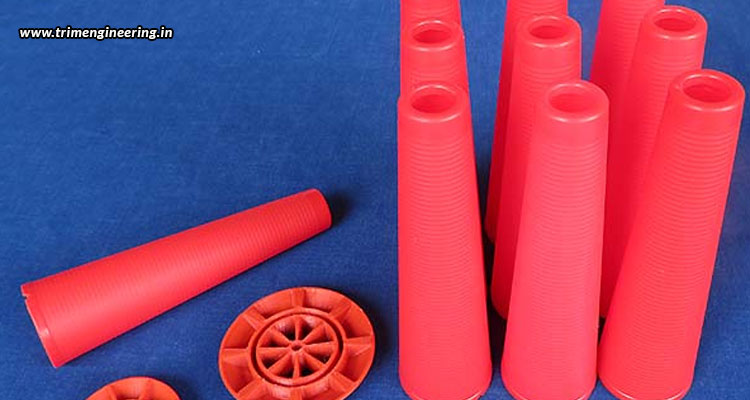Are You Selecting The Right Bobbin For Your Machine?
While sewing machine bobbins are a very tiny part of the system, they play one of the most important roles in the sewing procedure. A single bobbin can hold almost 60 yards of threads on it, so you can imagine how efficient and useful this tiny little element can be! Let us learn more about this amazing little asset in this blog.
Bobbin types
Even though being tiny, bobbins are not designed in only a single style. There is a variety of sewing machine bobbins available in the market like A-style, L-style, M-style, and many more. And, every machine requires a different kind of bobbin. So, you need to check the owner’s manual that came with your sewing machine to know the exact kind of bobbin that will suit your machine. A wrong bobbin can mess up things; so avoid using one. In fact, even if you think of swapping your metal bobbins with plastic ones, or vice versa, no matter how similar in shape and size they may be, hold on! You are not supposed to do that! Every machine has a different tension setting with precise measurements. The tension required for a light plastic bobbin varies from that required for a heavy metal one; so swapping your bobbin material will make a mess.
Bobbin materials
Speaking of bobbin material, there are various materials bobbins can be made of, apart from the regular plastic and metal. The list includes rosewood, olive wood, boxwood, ivory, bamboo, coral, glass, walnut, and malachite. So, whichever material you are planning to use, check for its compatibility with your machine first. Go through your user manual, or get in touch with a sewing machine and bobbin professional.
Bobbin thread tension
Just as we mentioned above, every different machine has a different tension setting; and every bobbin type requires a different tension. So, let us learn about how tight or loose you should wind your bobbin. Remember that both tight and loose bobbins can create problems. Very tightly wound bobbins can make the thread stretch or bobbin bulge. And, loosely wound bobbins won’t be able to perform the sewing functionality. So, to avoid having compressed distorted plastic bobbin, or metal bobbin jumps, make sure you have your bobbins wound with just the perfect tension setting. After all, the tension of bobbin thread is of utmost importance in any process, may it be sewing, knitting, or weaving. So, adjust the thread tension at an appropriate level, and make sure to maintain it throughout the process.
Bobbins – pre-wound or unwound?
Today, pre-wound bobbins are available in the market that offer a smooth and uniformly wound thread over the bobbin beforehand. This helps save time that you would otherwise have to invest in winding the thread. However, pre-wound bobbins are expensive, and may not always provide you with the colours you wish to use. So, whether you want to use pre-wound bobbins or unwound ones is entirely your choice, depending upon your preference.
You can get in touch with Trim Engineering Services, the leading metal bobbin manufacturers in India, to get the best quality metal bobbins for your sewing machine. However, you can also get a wide range of plastic bobbins, wooden bobbins, nylon bobbins, aluminum bobbins, perforate bobbins, yarn tail bobbins, braided machine bobbins, and many others to suit all kinds of requirements and machinery.


